If you’ve been limping through your day thinking, “It’s just normal back pain, I’ll be fine,” you’re in big (and…
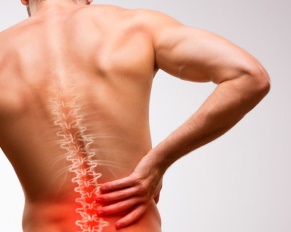

If you’ve been limping through your day thinking, “It’s just normal back pain, I’ll be fine,” you’re in big (and…
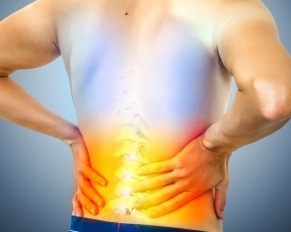
Back pain is one of the most common complaints among adults over the age of 65. For many seniors, it…
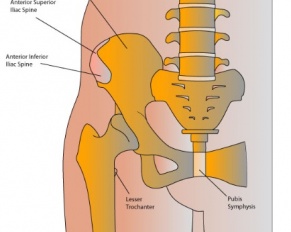
The Role of Physical Therapy in Sacroiliitis Treatment Sacroiliitis is a painful condition that affects the sacroiliac joints, located where…

The Prevalence of Back Pain Back pain reportedly affects 80 to 90 percent of all Americans at some point in…
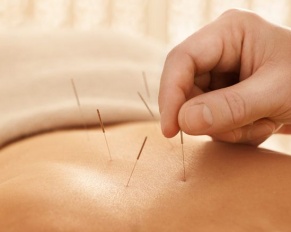
While most people have heard of acupuncture by now, many don’t know that much about it or can’t even imagine…
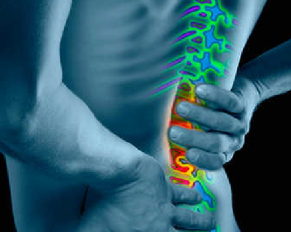
Having constant back pain causes such as spasms, muscle strains, or disk issues can put a damper on your life.…
Back pain… it’s something that most people probably equate to growing older. Most of us have had a parent, grandparent, or even great grandparent who suffered from back pain and, naturally, we likely figured they were experiencing that pain because they were elderly. However, as unfortunate as it may sound, back pain isn’t just confined to seniors. The fact is that young people can experience back pain as well, and although it may not be as prevalent in youth as it is in the elderly, it can be just as bad, or even worse, when it occurs in young people. After all, when we’re young, we expect to be able to be at the top of our game. We look forward to living a long, active, and vibrant life, and we don’t expect something like back pain to get in our way. Following is more information from top spine specialists in New Jersey regarding the various causes of back pain in young adults, as well as prevention and treatment options.